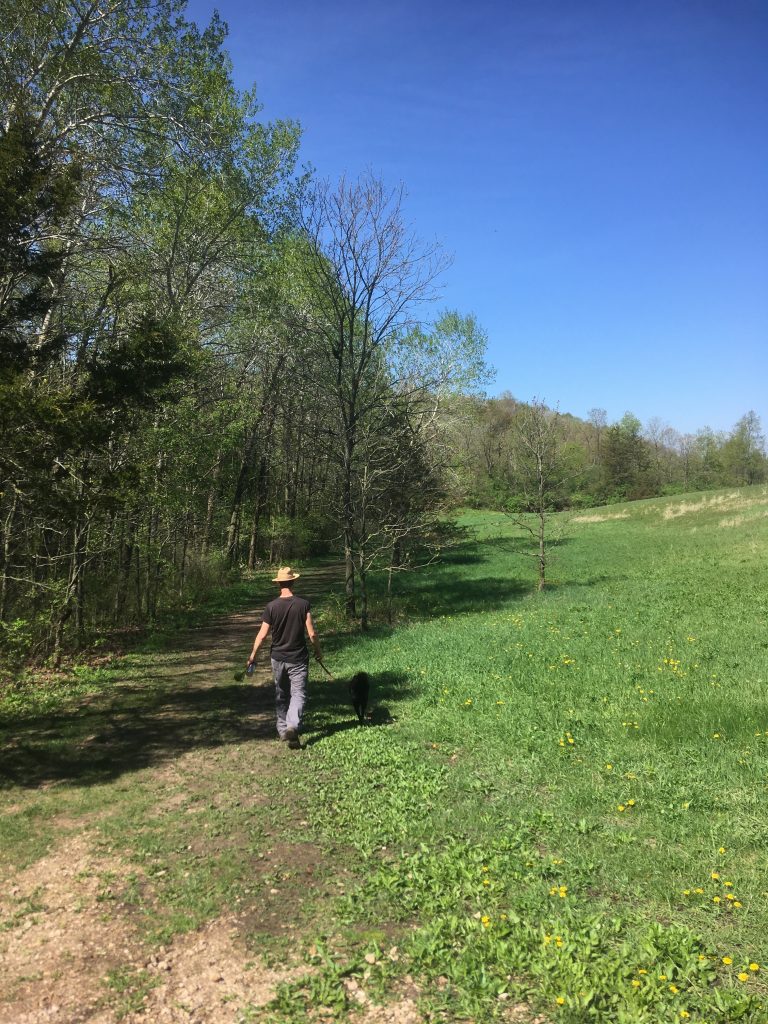What is the pandemic teaching us about love? This is the third in a series answering this question. See Part 1 and Part 2 here.
The pandemic is teaching us that the love of others is vital; and it is complicated.
Let’s start with the bad news first: COVID-19 is teaching us that the love of others isn’t as easy as it seems.
During an interview aired this week in the Festival of Homiletics, Duke Divinity professor, theologian, and sermon guru Will Willimon firmly stated, “I’m telling my students: ‘There’s one sentence you should not utter in a sermon these days. I don’t say it, no preacher should say it: ‘We’re all in this together.’ Don’t say it; it’s not true.’“*
His reasoning? This pandemic is affecting us all differently, and those with greater privilege are not forced to face it in the same way as those who society marginalizes.
First and foremost, white culture swings heavily toward individualism and personal security. When white folks say, “We’re all in this together,” we often mean it in the sense of, “…only after I’ve taken care of my own, and as long as I don’t have to sacrifice too much.” In this way of thinking, to be together is possible when it’s convenient, advantageous, or at a minimum, a neutral-sum game.
Confession: I said something very similar to “We’re all in this together,” if not those exact words, to Madison Mennonite a week or two after we first started meeting virtually for worship. My intent was good, of course, but Willimon is right that such platitudes are not grounded in reality and render majority-white congregations (and their white leaders) blind to the pandemic’s varying effects.
What I meant to do when I said, “We’re all in this together,” was to inspire us all to live into an attitude of mutual aid. To think of others as equals. To consider how our actions affect others. But, knowing that even I struggle to practice what I preach, I wonder: is it possible to swim against the swollen, relentless river of white, patriarchal imperialism? Is it possible for us to work for a society where we are “all in this together”?
Which brings us to the good news: There are others in the water with us, struggling against the current, resisting the undertow. We just need to look up and out to see that we’re not alone.
Last fall, I borrowed The Book of Joy audiobook from our local library and listened to it as I transitioned from one place of ministry to another. The Book of Joy details a delightful and theologically-provoking conversation between the Dalai Lama and Archbishop Desmond Tutu. As the two religious leaders reflected on suffering and what it means in human life, one shared their belief that any suffering we’re experiencing begins to heal when we enter into the suffering of others. In other words, if we remain focused only on our suffering, our pain, and our turmoil, we will find it difficult to ever heal. It’s like continuously picking at or fussing over a flesh wound. And, while we are absorbed with our own hurt, we will find it difficult to sojourn compassionately with others.
This teaching is helpful at the individual level as well as the communal level. As we look up and out, we see that we’re swimming upstream with others, and we can band together in solidarity. But we shouldn’t stop there. Sticking with the aquamarine metaphor, our “schools” also need to look up and out and see that there are many, many other “schools” banding together, resisting the impulse to defend only our interests (lest we flounder…).
In the church, we can do this by linking with other faith communities – informally and formally – expanding our networks of relationships and resources and ultimately, compassion. In an attempt to encourage my church to do just this, a few weeks ago in our virtual worship, I invited congregants (and friends on social media) to name faith communities they wanted us to pray for. The intent was to look up and out, to see that we are not alone in our suffering. That we are not the only ones who are impacted by COVID-19. That our decisions and actions cause ripples beyond us and impact everyone else in the water.**

COVID-19 is teaching us that loving others takes proactive courage. It is teaching us that we cannot lie behind the half-truth that “we’re all in this together,” when we’re unwilling to sacrifice for our siblings in our neighborhoods and around the world. And it’s teaching us that there are others with us in the deluge, fighting to swim against the tide of individualism and self-security, if we just look up and out. Look up and look out.
*Paraphrased, from memory.
**We prayed for 40+ faith communities around the world. Here’s what we prayed:
Uniting Spirit, we give you thanks
for the living, breathing, beautiful web
of churches and faith communities around the world.
We pray for them in this time of pandemic,
when they and their members may feel like exiles,
passing through strange and hostile lands.
We hold in the Light of Love these churches:
(churches named)
For each community named tonight, we pray for hope, creativity, and peace. May they and we be reminded that none of us is alone. Equip and empower us to encourage one another, to empathize with one another, and to learn from one another.
We pray in the name of the One who makes us one. Amen.

Thanks Valerie for these thoughts needed in todays world, working with the pandemic.